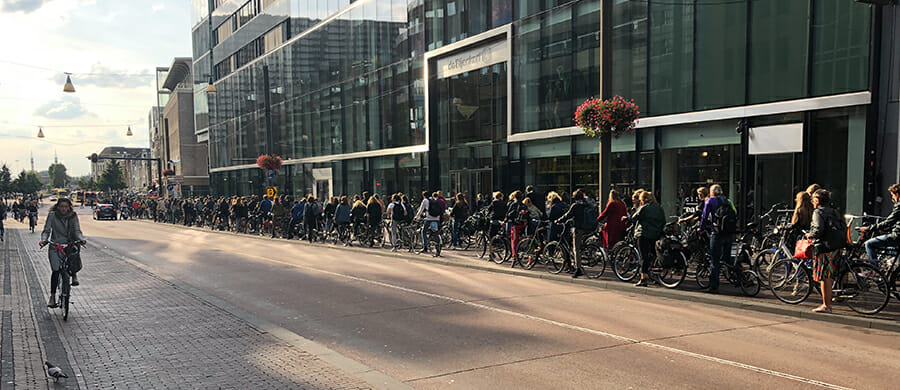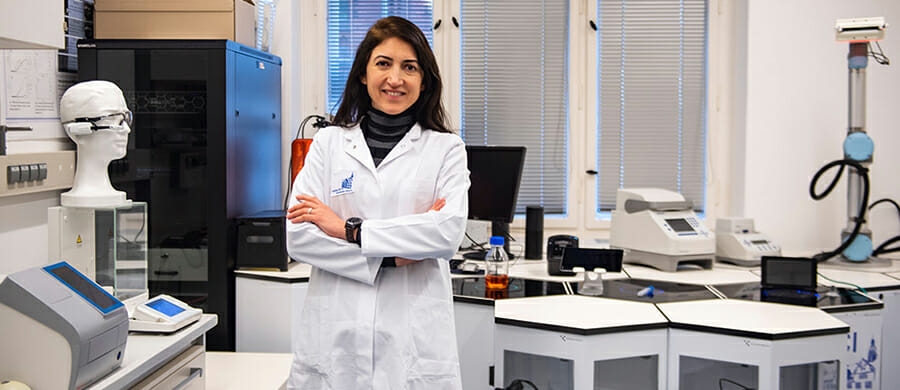DATA & FACTS
Project
2022-2026
Scientific contact
Pof. Dr. Carola Iller, Hans-Gerd Nottenbohm, Dr. Kristina Bayer, Dr. Kristina Bayer, Jakob Zenger
EU-Funding line
Erasmus +
Projektleitung: Prof. Dr.-Ing. Arno Kwade
Projektname: „Li-Ion Pilot Lines Network“ (LiPLANET)
Keywords: Energie, Mobilität, Partner
baSE – University of Hildesheim is a partner of the Blueprint Alliance for the Social Economy
Cooperation strategy for identifying skills needs in social economy organisations
The baSE project brings together key players in the social economy at national and EU level, such as companies, research and vocational training institutions and federations. It comprises 25 partner organizations from Germany, Spain, France, Ireland, Italy, Poland, Slovenia, Romania, Greece and Belgium. Together with Innova eG, the University of Hildesheim represents the baSE partnership in Germany. The aim of the baSE project is to develop and apply sustainable strategies for developing the skills of employees in the social economy.
The most important results of baSE will be
– reports on skills gaps in the social economy, which include a long-term and sustainable strategy to close the gap between supply and demand in education and training
– a skills framework (“SocioComp”) and qualification profiles for employees in the social economy from white-collar to management level
– a MOOC platform (Massive Open Online Course) with free continuing education courses
– Policy recommendations to strengthen vocational training provision in the social economy and to ensure the sustainability of the skills strategy developed as part of the baSE project
Background: Blueprint Alliances
The Blueprint Alliances are broad-based sector-specific cooperation projects on the topic of skills development. They are implemented as part of the skills agenda for Europe.
Their aim is to develop new strategic approaches and collaborations in the area of skills for the 14 most important European industrial ecosystems. The Proximity and Social Economy Ecosystem was officially recognized as an industrial ecosystem by the European Commission in 2020.
One of the tasks of the Blueprint Alliances is to investigate how the twin transition, the digital and green transformation, will affect skills requirements and to offer solutions for this.
Date:
2024
Das könnte Sie auch interessieren …

Projekt: BITS – BICyCLES and its
Bicycles and ITS (BITS) ist ein neues Projekt zum Thema Fahrrad und ITS (intelligente Transportsysteme), das darauf abzielt, die CO2-Emissionen um 9 % zu senken und die Fahrradnutzung in den Zielgruppen um 10 % zu steigern! Eine Verlagerung des Verkehrs auf umweltfreundliche Verkehrsmittel ist dringend erforderlich, da Verkehrsstaus, …

ProjeKt: decades
Die chemische Industrie steht derzeit vor der herausfordernden Transformation, klassische, auf Erdöl basierende Herstellungsprozesse von Chemikalien durch nachhaltige, biobasierte Produkte im Sinne einer zirkulären Bioökonomie zu ersetzen. Insbesondere Lösungsmittel spielen in der chemischen Industrie entlang der gesamten Produktionskette eine…
